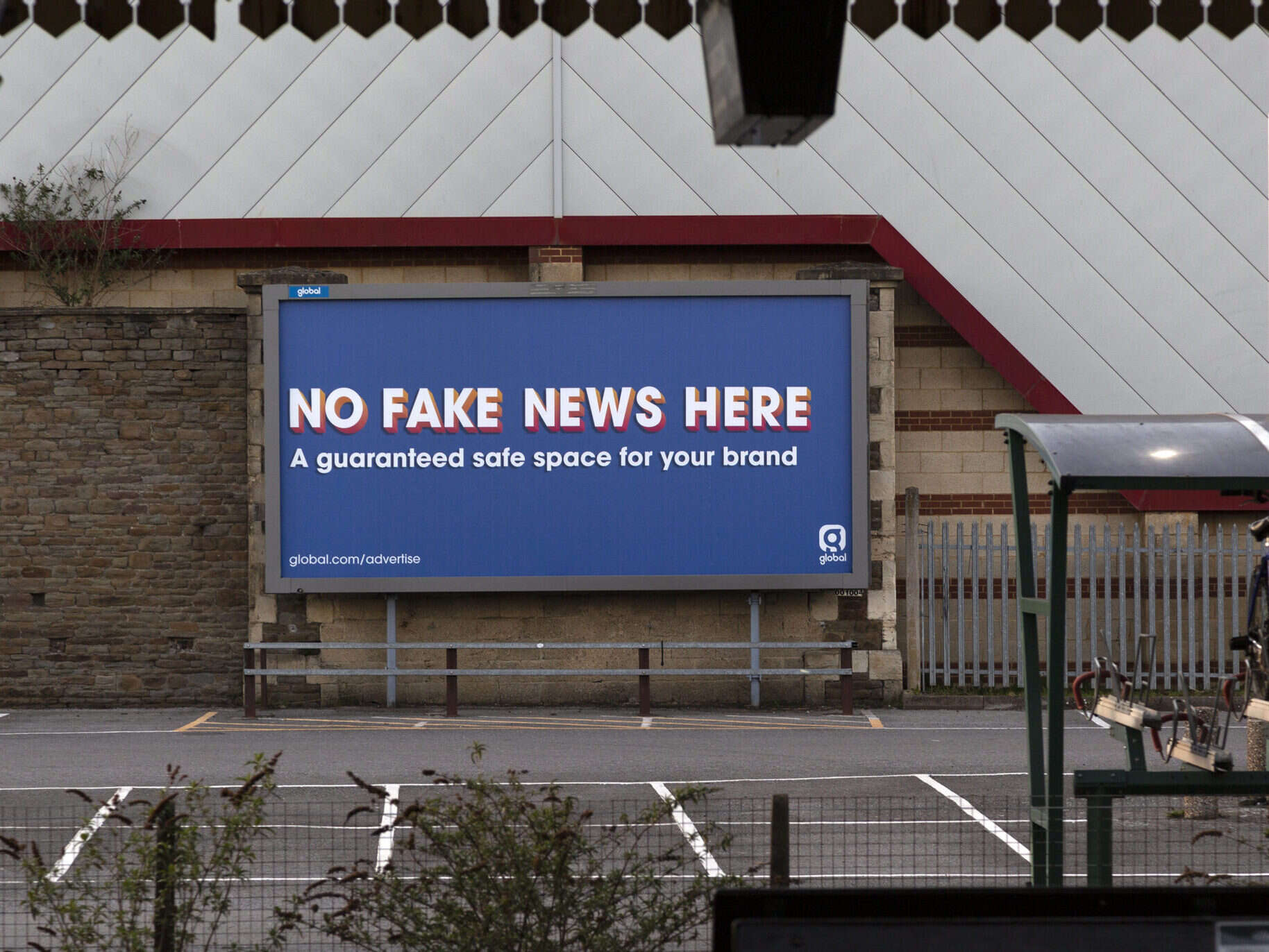
Two thirds of British people are worried about the spread of fake news, making the UK one of the three most concerned countries in Europe, according to a new survey.
Two-thirds of 2,000 Brits reported being either very (44%) or generally (21%) concerned about the spread of fake news, according to a new Yougov poll.
In addition 22% were somewhat concerned, 5% were not at all concerned and 7% either did not know what fake news was or had no opinion on the matter.
Nearly one in two (46%) of people polled in the UK said they believed they were exposed to fake news on a daily basis, with 73% saying that they expect the amount of fake news they encounter to increase over the next few years.
The survey found that 40% of people in the UK value trusted news as "very important" while 27% said it is "important".
Although just 10% said they pay for verified news, a further 21% said they would be willing to do so if fake news continues to spread.
The only European countries more concerned about fake news were Austria (68%) and Italy (67%).
Of the five other countries polled, Switzerland recorded 62% being concerned or very concerned, Germany 60%, France 55%, Netherlands 53% and Sweden 45%.
Australia and the US expressed higher concern about fake news than their European counterparts, on 69% and 67% respectively.
The survey also found that 20% of people in UK admitted their media consumption directly shaped their political views, while 14% believed it affected their consumption habits, hobbies and interests.
The survey came as the Russian invasion of Ukraine continued, with large amounts of fake news being distributed about the war.
Kremlin-owned news outlet RT was banned from airing in the EU in response to allegations of spreading disinformation about the war in Ukraine in its broadcasts. The move led the channel to also be taken off air in the UK.
The survey was commissioned by digital subscription app Readly. The company’s head of content Chris Couchman said: “Spreading false news has been a real issue over the last few years with Covid-19 and antics at Number 10 and this has spiralled again with reports and images from Russia.
“We have been forced to become increasingly aware that we bear a personal responsibility to fact-check the content we consume and the sources we use to ensure they are accurate.
“Social platforms are met with widespread criticism for lack of action against the deliberate dissemination of fake news, which means that more and more consumers value and are willing to pay for reporting from trusted news sources.”
A total of 12,374 people aged 18 and over across ten countries were polled about their opinions on fake news, 2,001 of whom were from the UK, between 21 and 29 November.
Picture: Geography Photos/Education Images/Universal Images Group via Getty Images
Email pged@pressgazette.co.uk to point out mistakes, provide story tips or send in a letter for publication on our "Letters Page" blog
